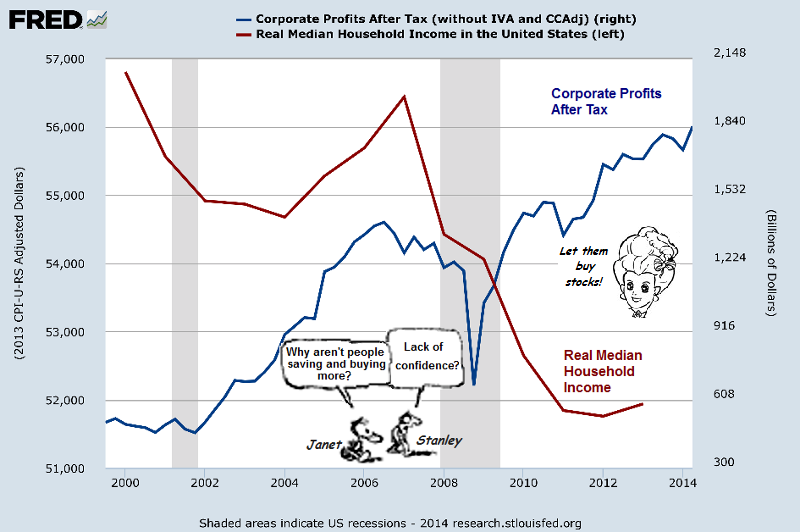Some friends and I were discussing Roger Babson earlier today. Several of us have a feeling that the markets may be approaching a critical juncture, and we were wondering how that might express itself, given today's Fed and government activism as opposed to the more ad hoc to stabilizing markets in Babson's day.
As you may recall he was an MIT trained engineer who became a famous stock market analyst and financial theorist. I have acknowledged in the past that my own particular style of charting was in part inspired by his approaches to force and resistance. He never really codified his techniques, so they are not all that well understood. But he used them to some great personal advantage.
I see in reviewing some of these fossilized chart remains that I used to put a great deal more energy into them when I was more actively trading. On my old site I used to update charts several times per day and look at ten minute intervals, which may be appropriate to futures trading in size.
As a point of interest Babson helped in the creation of a 'business engineering' course at MIT, a first for an American University. Babson founded Babson College among other things. I have written about Babson several times when discussing the events of 1929, but also about 'The Boulders of Dogtown' which are typical of the man.
But Babson is most well known for his prediction on 5 September 1929, "sooner or later, a crash is coming, and it may be terrific."
Roger Babson had ten commandments he followed in investing and encouraged his readers to do the same. I was reminded of them when I looked up the exact date of his crash forecast that triggered 'the Babson Break.'
It pleased me that I had arrived at several of those commandments through personal experience but that lesson always involved the loss of capital, alas. One hears these things, and they are sayings. And then you encounter them in practice, and you learn them. And so it is with most sound principles and advice. And quite often whole peoples must relearn the principles of the past.
They are all valuable, but I have placed asterisks behind those that have served me most well, and some which bear the most vivid memories. lol
One thing Babson does not overtly mention is to follow the money, and understand who stands to gain what from any deal or transaction, but I think it is implied. I would also urge one to never confuse reliable performance with luck, unless you aspire to be soundly lashed by the tails of probability.
One thing that did strike me oddly in reviewing this is to ask, 'is anyone except for a few old codgers like me investing anymore?' It almost seems archaic to say, when everything is just a bet and most everyone is just a player. It must have seemed that way to Babson as well, in the Autumn of 1929.
These were:
- 1. Keep speculation and investments separate. **
- 2. Don't be fooled by a name. **
- 3. Be wary of new promotions.
- 4. Give due consideration to your market ability.
- 5. Don't buy without proper facts. **
- 6. Safeguard purchases through diversification. **
- 7. Don't try to diversify by buying different securities of the same company.
- 8. Small companies should be carefully scrutinized. ***
- 9. Buy adequate security, not super abundance.
- 10. Choose your dealer and buy outright (i.e., don't buy on margin.) **
































